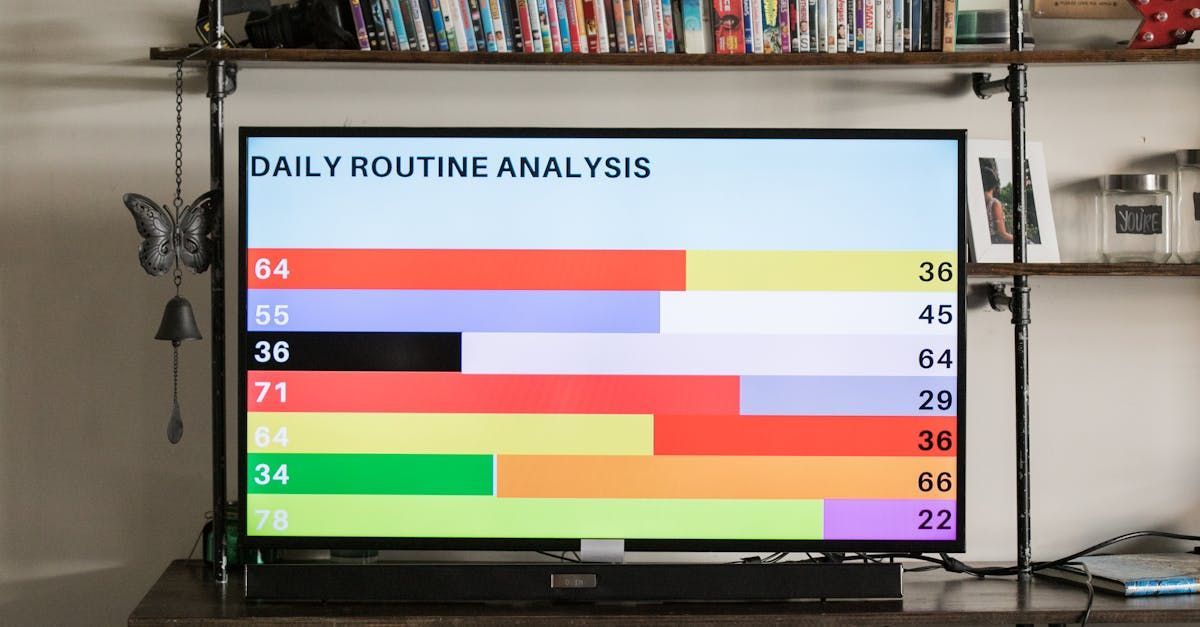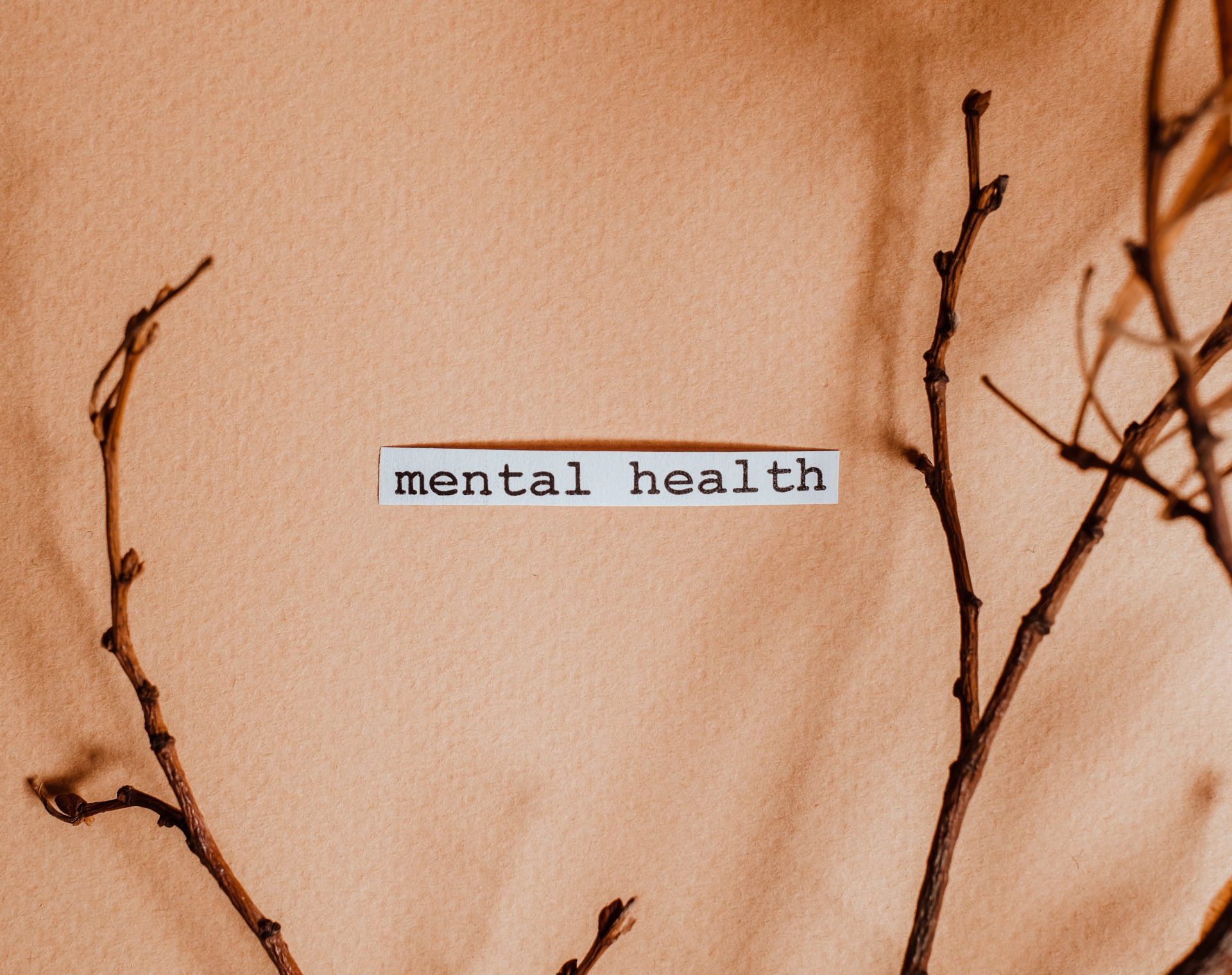Emotional IQ: Navigating Life's Ups and Downs with Smarts and Heart
Unlocking the Power of Emotional Intelligence for a Happier, Healthier Life

Have you ever wondered why some people seem to handle stress so well or effortlessly connect with others? Think of a colleague who stays calm under pressure or a friend who always knows how to make you feel heard. Emotional intelligence, or EQ, is the ability to recognize, understand, manage, and regulate emotions. It involves being aware of your own feelings and those of others and using this awareness to guide your thoughts and actions. A high EQ is linked to better mental health, stronger relationships, and greater success both personally and professionally. It's an essential skill for navigating the complexities of human interactions and maintaining emotional balance.
Life can often feel overwhelming, making the ability to understand and manage our emotions invaluable. Developing emotional intelligence can lead to improved mental health and stronger relationships.
At the core of emotional intelligence is self-awareness. This means recognizing your emotions as they arise and understanding how they influence your thoughts and actions. People who are self-aware are in tune with their feelings, which helps them make better decisions and avoid being overwhelmed by their emotions. This awareness is crucial for self-regulation, the ability to manage your emotions, especially in stressful situations. Staying in control and not letting your emotions dictate your actions is essential for handling challenges calmly and thoughtfully instead of reacting impulsively.
Self-regulation sets the stage for developing strong social skills, which are critical for emotional intelligence. Effective communication, conflict resolution, and teamwork are vital for building and maintaining relationships. Those with strong social skills can navigate complex social situations, work well with others, and form lasting connections. Central to these social skills is empathy, the ability to understand and share the feelings of others. Empathy means recognizing others' emotional states and responding with compassion and support. This builds trust and connection, making it easier to resolve conflicts and build meaningful relationships.
Improving your emotional intelligence takes time and practice, but it's well worth the effort. One effective approach is practicing mindfulness, which helps you stay present and observe your thoughts and feelings without judgment. Regular mindfulness practice can help you better recognize and manage your emotions. Taking a few moments each day to reflect on your emotions can also enhance self-awareness and self-regulation. Think about what triggered certain emotions, how you responded, and what you might do differently next time.
Effective communication is another crucial part of emotional intelligence. Practicing active listening by giving your full attention to the speaker, asking clarifying questions, and showing empathy can build trust and strengthen relationships. Developing empathy means putting yourself in others' shoes, understanding their perspectives and feelings, and responding with kindness and support. This can help you connect with others and build stronger relationships. Additionally, learning and practicing stress management techniques such as deep breathing, exercise, and meditation can help maintain emotional balance and improve your ability to self-regulate.
Developing emotional intelligence is a journey that can significantly improve your mental health and relationships. By increasing self-awareness, improving self-regulation, honing social skills, and developing empathy, you can navigate life's challenges more easily and build stronger, more fulfilling connections with others. Embrace the journey of enhancing your EQ and see how it transforms your interactions and overall well-being.
Incorporating these practices into your daily life may require effort and consistency, but the rewards are profound. As you become more attuned to your own emotions and those of others, you'll find yourself better equipped to handle life's ups and downs. Emotional intelligence isn't just about understanding emotions; it's about using that understanding to create a more harmonious, compassionate, and connected world.
By fostering emotional intelligence, you're not only improving your mental health but also contributing to a more empathetic and supportive community. It's a journey worth taking, one step at a time, with the promise of richer, more meaningful relationships and a deeper understanding of yourself and others.










